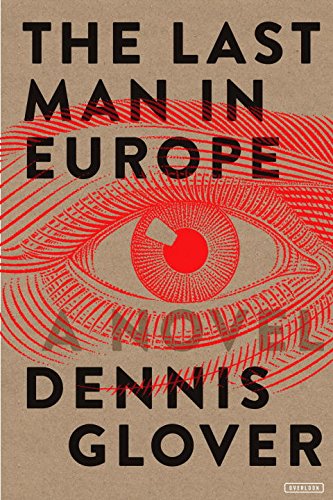The Last Man in Europe
Eric Blair, known to the world by his pen name, George Orwell, spent his youthful journalistic career writing about England’s working class. His experiences among them shaped his political beliefs in a time when socialism, fascism, and communism competed for dominance in Europe. A man of action as well as words, Orwell fought against Franco in the Spanish Civil War and broadcast British propaganda to Asian countries over the BBC during World War II. Although his political novel, Animal Farm, was an international best-seller, his major opus was yet to come: 1984.
Glover’s novel vividly recreates Orwell’s short life—he died from tuberculosis at the age of 46—emphasizing the personal, social and political influences that would later give rise to the futuristic vision Orwell depicted in 1984. Glover shows a hard-working author struggling to make ends meet, whose social conscience sometimes puts him at odds with those in control, the people he would come to call “Big Brother” in 1984.
The two sides of Orwell’s life—the writer and the political activist, which are nearly impossible to separate—are examined in detail and would appeal to readers interested in the inner workings of a writer’s mind or in how politics may shape a person’s character, regardless of their vocation.
The novel is peopled with important historical figures with whom Orwell had various relationships, such as H. G. Wells, Aldous Huxley, Willy Brandt, and Sir Oswald Mosley. Some of Orwell’s letters are reproduced in the book, adding another layer of historical information to a novel that already hews closely to the history, but relates Orwell’s story in an entertaining way. The Last Man in Europe is highly recommended.










